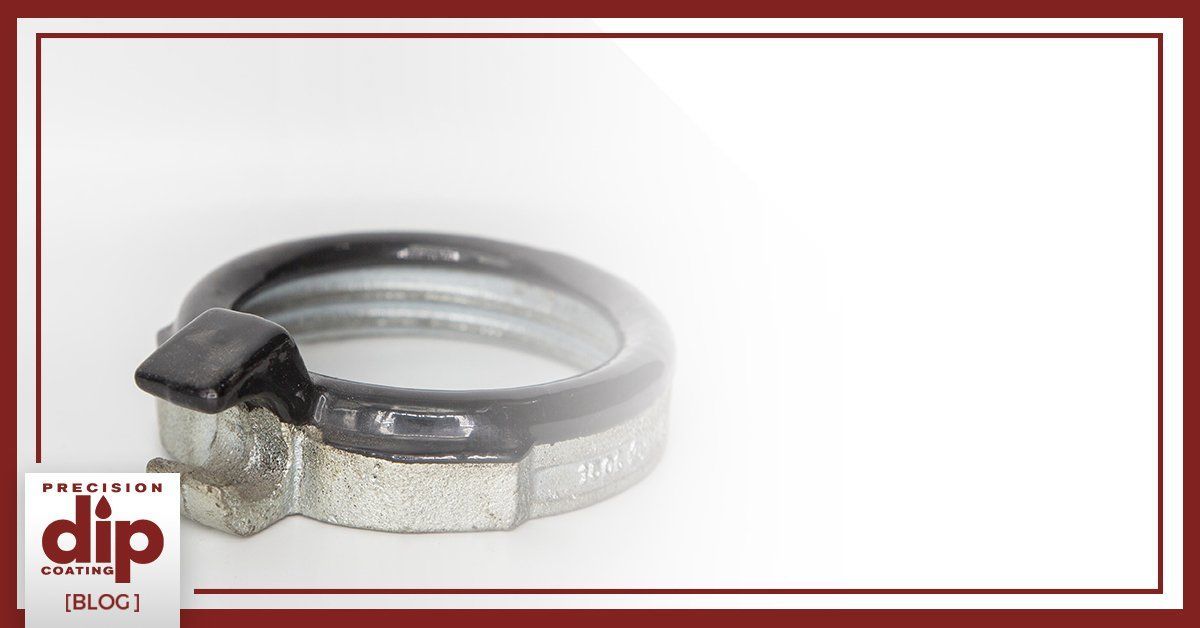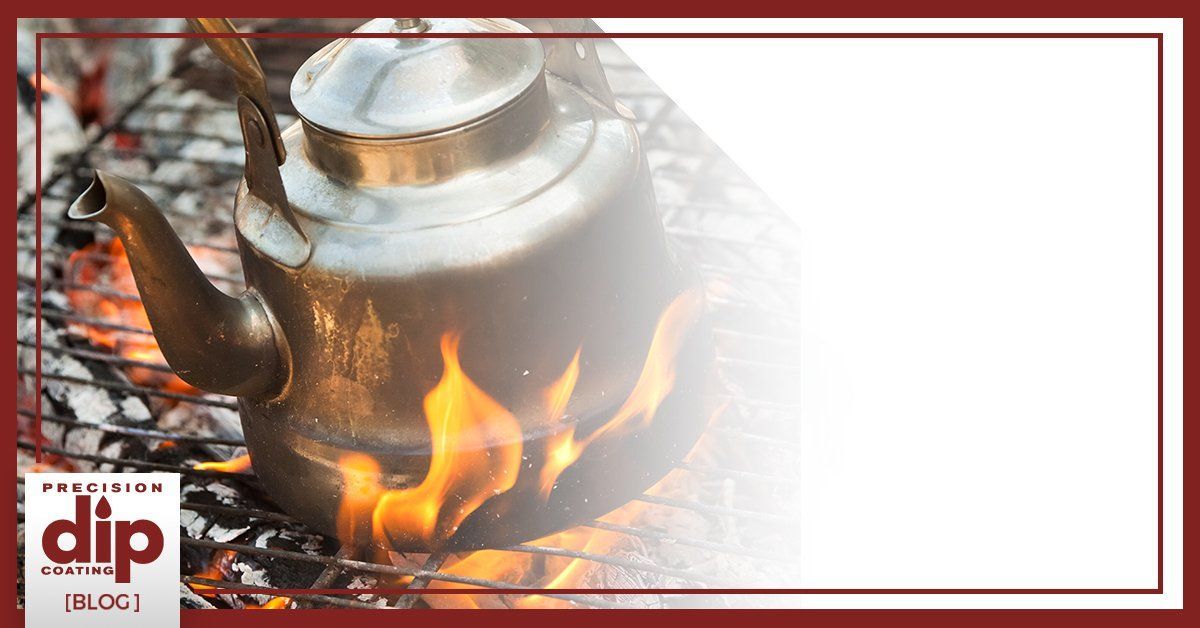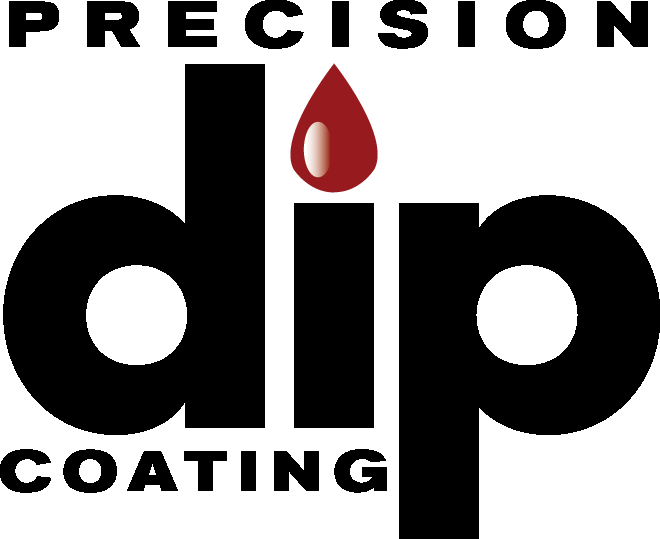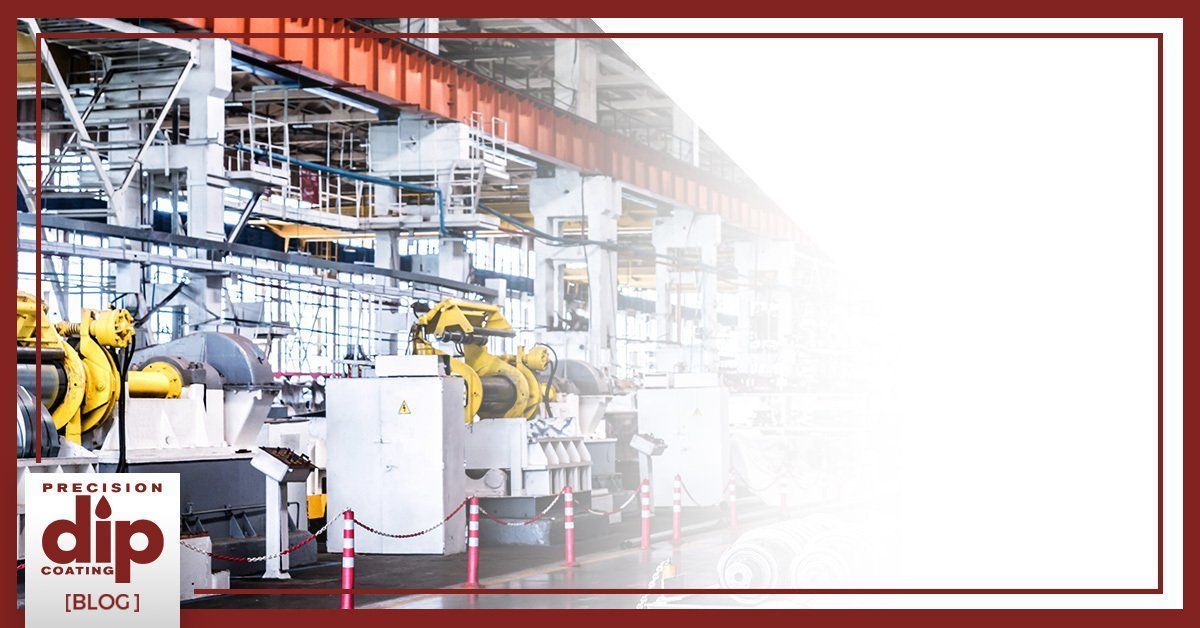Coating for your industrial needs
Protection Equals Efficiency
Precision Dip Coating
provides color, cushion, texture and safety to every industry. Our coating services for industrial parts and components can create efficiencies in both your workload and your budget. Protective coating will increase the longevity of your industrial elements and provide safety to your employees.
Common Items That Benefit From Coating Services
At Precision Dip Coating, we offer a comprehensive range of coating services designed to enhance and protect a wide variety of industrial components. From improving durability to ensuring safety and functionality, our coatings are tailored to meet the specific needs of diverse applications. Below are some of the common items that benefit from our specialized coating services:
Coating Methods
Coatings are applied using methods of:
Industry Specifications
Our coatings adhere to (but are not limited to) the following industry specifications:
Contact Us Today
Precision Dip Coating's expertise in delivering high-quality industrial plastic coatings meets the rigorous demands of the industry, setting a benchmark for excellence. Our commitment to innovation and customer satisfaction makes us the preferred partner for businesses seeking reliable and efficient coating solutions. Contact us today for information on how we can help you.
Contact Us
Contact Us
Related Services
For more information about our manufacturing services, call us at 203-805-4564 or visit our contact page.
Why Choose Us
Wondering why Precision Dip Coating should be your top choice for dip coating and molding services? Here's what sets us apart:
Industry Experience
Decades of Professional Expertise
Value-Added Services & Support
Beyond Service, Added Value Support
Integrated Design & Development
Expertise From Concept To Completion
From Prototype to Production
Turning Ideas Into Reality, Refining Craftsmanship
Frequently Asked Questions
What powder coatings stand up to heavy industrial use?
Is Halar® appropriate for industrial uses?
Halar's extreme durability and thin, ultra-smooth coating qualities make it an ideal choice for the many industrial uses which require long-lasting protection with minimal friction. High performance and resistance to numerous chemicals, corrosives, moisture, weathering, and other risks push Halar to the top of any list for challenging industrial applications.
What types of coatings are best for industrial applications?
Choosing an appropriate coating for any application, including industrial ones, naturally depends on the part to be coated, how it is used, coating thickness and other performance characteristics required. For example, epoxy is exceptionally durable, but many formulations have poor UV tolerance.
How can powder coating protect industrial equipment in extreme conditions?
One of the most important jobs powder coatings do is to protect vulnerable metal substrates from damage and wear. Common causes of such damage include temperature extremes, exposure to chemicals, solvents, and corrosive or oxidizing substances, contact with water and moisture, impacts, abrasions, and general wear.
What are some unexpected benefits of coatings in industrial environments?
In addition to critical protection of parts and equipment, spray, fluidized bed, and dip coatings can offer such benefits as:
- Noise and vibration reduction
- Improved safety and ergonomics
- Electrical insulation
Our Blog









